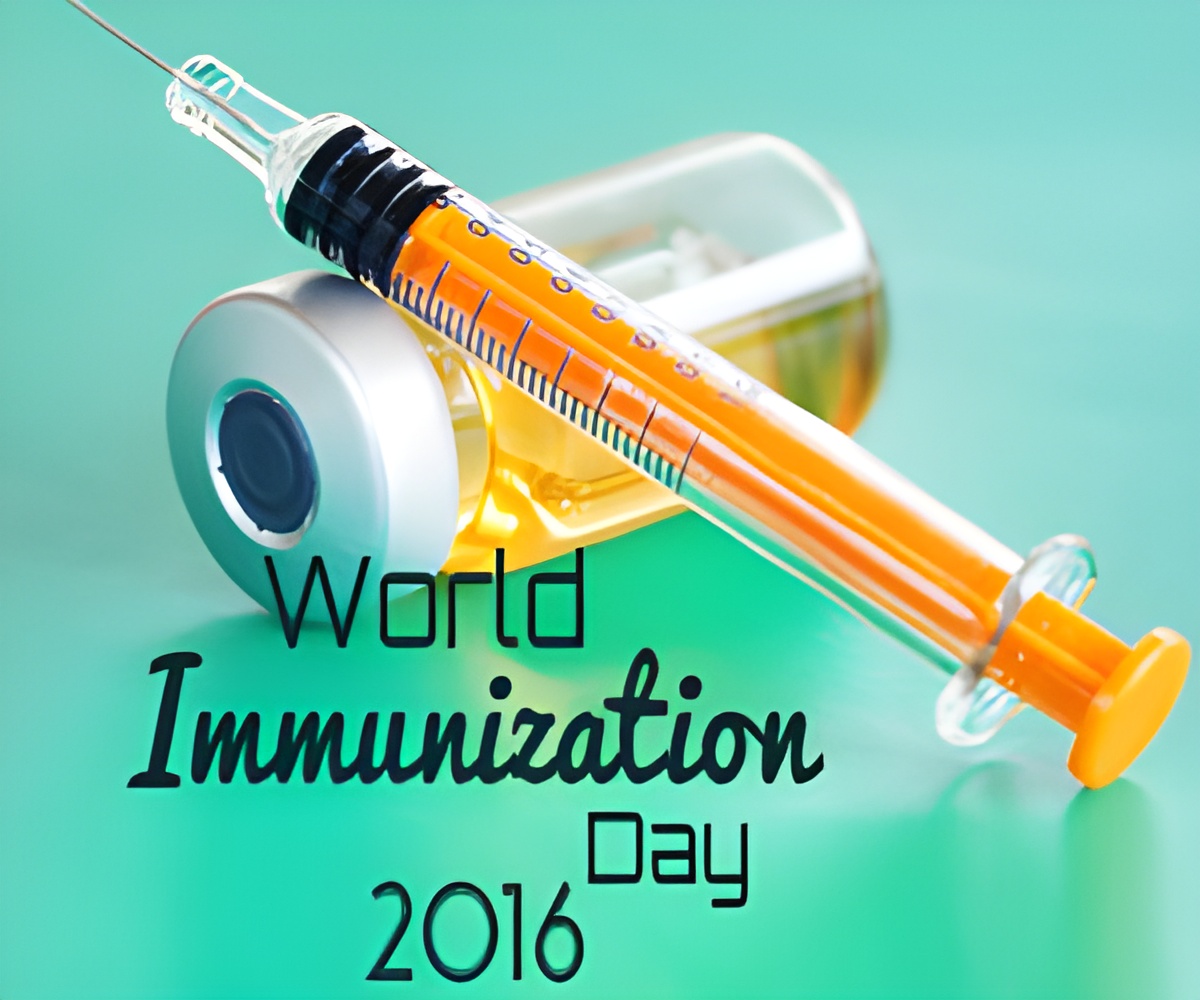World Immunization Week 2016 being celebrated in the last week of April promotes the use of vaccines to protect people against diseases.

- The World Immunization Week is celebrated in the last week of April every year
- The theme for this year is the same as last year’s - Close the Immunization Gap
- Vaccination should be considered as the right and responsibility of every individual
The World Health Organization has played a major role in ensuring that vaccination reaches throughout the world and hopes to achieve much more. Through the WHO Global Vaccine Action Plan (GVAP) and the support of the 194 signatory nations, in its Decade of Vaccines between 2011 and 2020, the WHO aims to:
- Eradicate polio, and take steps towards elimination of measles, German measles, and neonatal and maternal tetanus among other diseases through vaccination. Polio has already been eradicated in most countries, including Africa. India is free of maternal and fetal tetanus, which is considered a huge achievement. America is the first region to be free of German measles.
- Strengthen National Immunization Programmes so that they reach far and wide in their respective countries. Nations have to consider immunization as their priority.
- Support research to introduce new vaccines or improve existing vaccines. As newer infectious diseases emerge, more research is required to develop vaccines that will counteract these diseases. The quality of vaccines should be such that no person should avoid taking a vaccine or giving it to their child because of safety issues.
Immunization has reached several interior locations of the world and is often provided free of cost. However, there are still some people who do not have access to vaccines or other health care services. It is particularly important to reach these areas to ensure complete coverage.
Facts on Immunization
- Immunization prevents 2-3 million deaths every year in all age groups
- Every year over 1 million infants and young children die from pneumococcal disease and rotavirus diarrhea. The deaths can be prevented through vaccination
- Measles mortality rate has declined by 74%, thanks to the intensified vaccination programs!
In the World Immunization Week, let us make sure that we and all our near and dear ones are up-to-date with our vaccination.
- http://www.who.int/











